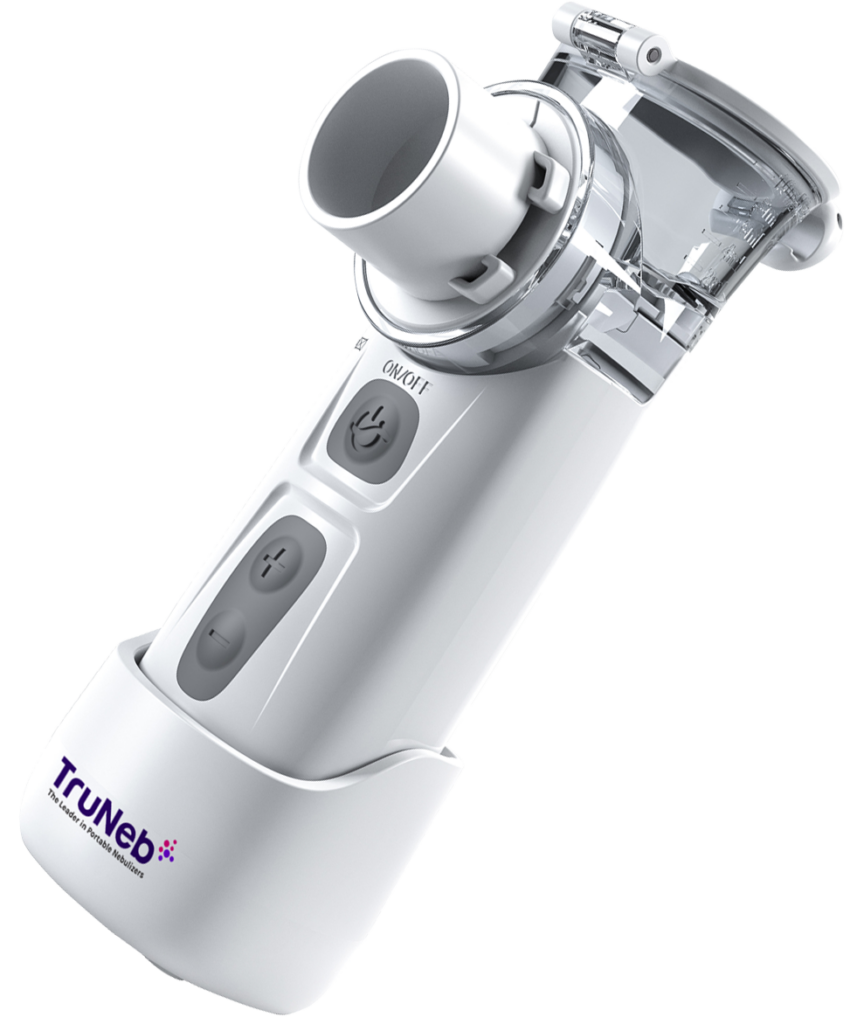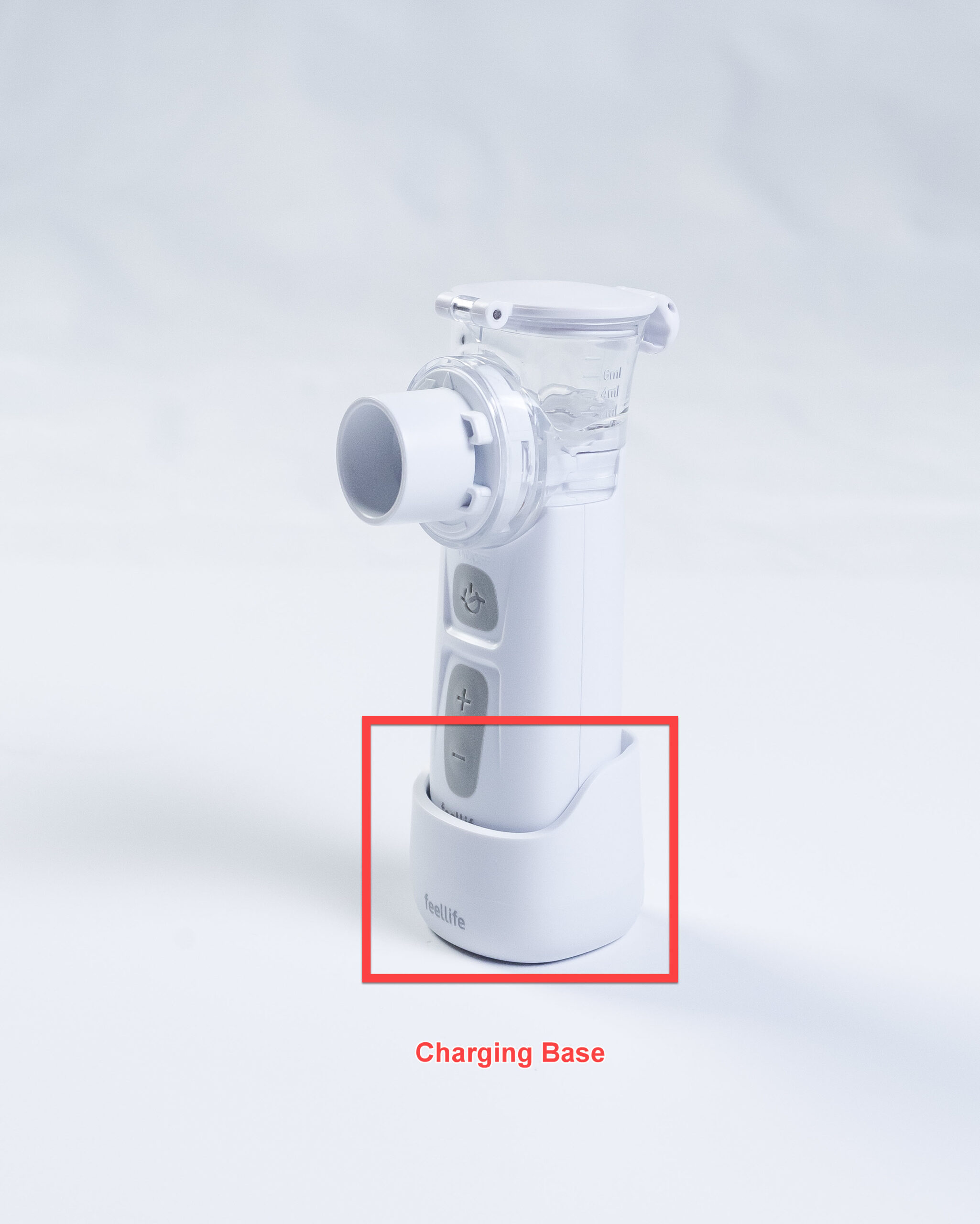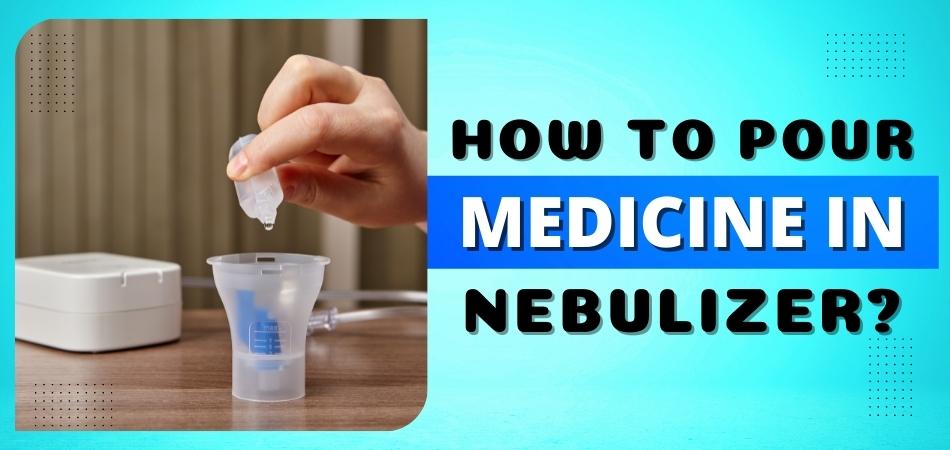Pneumonia is a serious lung infection that can be caused by a variety of things, including bacteria, viruses, and fungi.
A dirty nebulizer can potentially lead to pneumonia, which is a serious lung infection. Symptoms of pneumonia include coughing, chest pain, shortness of breath, and fever.
Nebulizers are often used to deliver medication to people with respiratory conditions like asthma or COPD. The nebulizer cup or basin typically contains water, which can become contaminated with germs from repeated use.
If these germs are aerosolized while using the nebulizer, they can enter the lungs and cause an infection. So it’s important to make sure your nebulizer is clean after each use.
What is Pneumonia?
Pneumonia is an infection of the lungs that can be caused by a number of things, including viruses, bacteria, and fungi. The symptoms of pneumonia include coughing, chest pain, shortness of breath, rapid breathing, sweating, and fever.
Pneumonia can be a serious illness, especially in young children and older adults. There are a number of different types of pneumonia, and the treatment depends on the type of pneumonia you have. Pneumonia is usually treated with antibiotics.
How Does a Nebulizer Treat Pneumonia?
A nebulizer is a machine that helps people breathe in (inhale) liquid medicine in the form of a very fine mist. It’s often used to treat conditions such as asthma, COPD, and pneumonia. The medicine is put into a small cup and placed inside the nebulizer.
The nebulizer then turns the liquid into a fine mist that you inhale through a mouthpiece or mask. Nebulizers are often used for people who have difficulty using inhalers. They’re also used for young children and infants.
Nebulizers are available in both home and portable models. Portable nebulizers can be powered by batteries or an AC adapter. Home nebulizers are larger and must be plugged into an electrical outlet.
A home nebulizer may be more versatile because it can be used with different types of medicines, masks, and accessories. Some portable nebulizers come with a carrying case that makes them easy to take with you when you travel.
Treating Pneumonia with a Nebulizer involves using sterile saline water or sterile distilled water + medications like Albuterol, Pulmicort, etc.
The Albuterol medication relaxes the smooth muscles of the bronchial tubes- which allows air to flow more easily through the lungs; while Pulmicort works by reducing the inflammation in your airways thus allowing you to breathe easier.
For best results, it is recommended to use the nebulizer for treatments 3-4 times per day for about 10-15 minutes per treatment; or as directed by your physician/ healthcare provider.
Can a Dirty Nebulizer Cause Pneumonia?
A nebulizer is a device that helps people with asthma breathe. The machine changes liquid medicine into a fine mist that the person then inhales. A common question among those who use nebulizers is whether a dirty nebulizer can cause pneumonia.

Unfortunately, there is no definite answer to this question. However, it is generally accepted that if a nebulizer is not cleaned properly, it could potentially lead to an infection. This, in turn, could increase the risk of developing pneumonia.
To reduce the risk of infection, it is important to clean the nebulizer components on a regular basis. The nebulizer cup, tubing, and mouthpiece should be washed with warm soapy water after each use. The nebulizer should also be disinfected according to the manufacturer’s instructions.
In addition, it is important to make sure that the person using the nebulizer is healthy and free from any respiratory infections. If someone has a cold or the flu, they should not use the nebulizer until they have recovered.
By taking these precautions, you can help ensure that your nebulizer does not unintentionally cause pneumonia.
Can Nebulizer Cause Fluid in Lungs?
A nebulizer is a medical device that’s used to deliver medication directly to the lungs. The medication is usually in the form of a liquid, which is turned into a fine mist by the nebulizer. This mist is then inhaled through a mouthpiece or mask.
Nebulizers are commonly used to treat conditions such as asthma, COPD, and cystic fibrosis. They can also be used to deliver pain relief or other medications for short-term use. While nebulizers are generally safe, there are some potential risks associated with their use.
One of these risks is fluid buildup in the lungs, which can lead to respiratory problems. Fluid buildup in the lungs is more likely to occur if you use a nebulizer for long periods of time or if you have a condition that affects your ability to clear secretions from your lungs (such as COPD).
If you experience any shortness of breath, coughing up blood, or increased respiratory symptoms while using a nebulizer, stop using it immediately and call your doctor.
Why Do Inhaled Steroids Cause Pneumonia?
Inhaled steroids are a type of medication used to treat asthma and other respiratory conditions. They work by reducing inflammation in the airways. While inhaled steroids are generally safe and effective, they can sometimes cause side effects, including pneumonia.
Pneumonia is an infection of the lungs that can be caused by a variety of bacteria, viruses, or fungi. Symptoms of pneumonia include coughing, chest pain, shortness of breath, rapid breathing, sweating, and fever. Pneumonia can range from mild to severe, and in some cases can be fatal.
While anyone can develop pneumonia, those who take inhaled steroids are at an increased risk. This is because inhaled steroids can suppress the immune system, making it more difficult for the body to fight off infection.
Inhaled steroids also increase the amount of mucus produced in the lungs, which can provide a breeding ground for bacteria.
If you take inhaled steroids, it’s important to be aware of the signs and symptoms of pneumonia and to see your doctor if you think you may have developed this condition. With prompt treatment, most people with pneumonia recover fully without any lasting effects.
Can Albuterol Make Pneumonia Worse?
It’s generally accepted that albuterol can help treat pneumonia, but there is some debate about whether or not the medication can actually make the condition worse. Some doctors believe that albuterol may increase mucus production, which could lead to further respiratory problems.
Other experts say that the benefits of albuterol outweigh any potential risks and that the medication can be a valuable tool in treating pneumonia. Ultimately, it’s important to talk to your doctor about whether or not albuterol is right for you if you’re suffering from pneumonia.
What Happens If You Don’t Clean a Nebulizer?
If you don’t clean a nebulizer, the medication cup, tubing, and other parts of the machine can become filled with bacteria and other microorganisms. This can lead to serious respiratory infections, especially in people with chronic lung conditions like COPD.

In some cases, these infections can be life-threatening. In addition, your medication may not work as well or may not work at all.
The nebulizer may also become clogged, making it difficult to use. To avoid these problems, it’s important to clean the nebulizer after each use. This can be done by disassembling the machine and washing the parts with soap and water.
Be sure to rinse the parts thoroughly and allow them to air dry before reassembling the nebulizer. With proper care, your nebulizer will provide many years of reliable service.
Can You Get Bacterial Infection from Nebulizer?
When you have a bacterial infection, you might be prescribed a nebulizer. A nebulizer is a machine that delivers medication directly to your lungs in the form of a mist. This treatment can help you to breathe more easily and to get over your infection more quickly.
However, some people worry that the nebulizer itself might be a source of infection. After all, it is constantly releasing a fine mist into the air, and bacteria can easily become airborne.
Fortunately, there is no need to worry about this. Nebulizers are designed to be safe and sanitary, and they are used by millions of people every year without any problems. The medication that is released into the air is sterile, so it cannot cause an infection.
In addition, the nebulizer itself is easy to clean and disinfect, so there is no risk of bacteria spreading from one person to another. So if you have been prescribed a nebulizer, rest assured that it is a safe and effective way to treat your bacterial infection.
Does a Nebulizer Need to Be Cleaned?
Depending on the severity of your Asthma, you may have been prescribed a Nebulizer. A Nebulizer is a small machine that helps to deliver Asthma medication in the form of a mist. If you have been using a Nebulizer, it is important to understand how to properly clean it. neglected, a Nebulizer can become a breeding ground for bacteria and other germs.
This can cause serious respiratory infections, so it is important to keep your Nebulizer clean. Most manufacturers recommend that you clean the Nebulizer cup and mouthpiece after each use. The cup should be rinsed with warm water and mild soap, and the mouthpiece should be disinfected with rubbing alcohol.
In addition, the entire Nebulizer should be cleaned once a week with vinegar or hydrogen peroxide. By following these simple instructions, you can help to ensure that your Nebulizer is always clean and safe to use.
Conclusion
A nebulizer is a device that helps people with asthma or other respiratory conditions breathe by delivering medication in the form of a fine mist. Nebulizers are often used in hospitals, but they can also be used at home. Some nebulizers are small and portable, while others are larger and require electricity to operate.
Dirty nebulizers can become contaminated with bacteria, which can then be breathed in and cause pneumonia. It’s important to clean your nebulizer regularly, according to the manufacturer’s instructions. You should also disinfect it after each use.
Why is TruNeb™ the Best Portable Nebulizer?
Our nebulizer is truly the best portable nebulizer on the market, for the simple reason that it gives you an accurate and quick dose of your medications each time you need them.
The TruNeb™ turns your liquid medication into a mist that you breathe in, helping the meds to reach your lungs quicker, and giving you immediate relief when you need it most.
Our portable mesh nebulizer machine works for both kids and adults, making it easy for anyone who needs nebulized therapy. Order your own nebulizer now!



